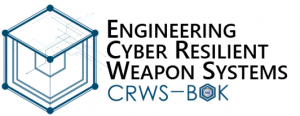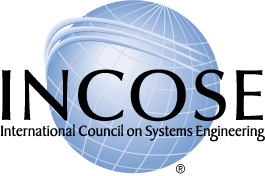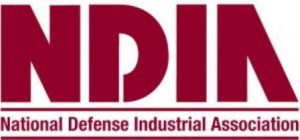The Digital Engineering – Body of Knowledge (DEBoK) provides referential resources for the DoD engineering community for implementing Digital Engineering (DE) starting with Systems Engineering and expanding to specific discipline engineering domains and specialty areas. Data, Information, Knowledge, and Wisdom on Digital Engineering is stored and created in a controlled manner. Everyone working in this space contributes to the community’s collective experiences and is able to quickly build their digital engineering solutions based on a common knowledge base in the DEBoK.
The purpose of DEBoK is to capture knowledge through documentation to assist with the transition from traditional acquisition processes to a digital environment. The DEBoK will allow professionals to engage with one another with DoD Services and Agencies to include acquisition professionals, analysts, modelers, engineers, and Warfighters. The DEBoK will allow these professionals to bring together all the captured knowledge to support Digital Engineering Transformation.
The Cyber Resilient Weapon Systems Body of Knowledge (CRWS-BoK) provides a living, curated, authoritative guide to the most relevant and important knowledge needed to advance the engineering of secure and cyber resilient weapon systems. The CRWS-BoK will benefit engineers, program managers, science and technology managers, and researchers from DoD, government industry, and academia.
The International Council on Systems Engineering (INCOSE) is a not-for-profit membership organization founded to develop and disseminate the interdisciplinary principles and practices that enable the realization of successful systems. INCOSE is designed to connect SE professionals with educational, networking, and career-advancement opportunities in the interest of developing the global community of systems engineers and systems approaches to problems. INCOSE is also focused on producing state-of-the-art work products that support and enhance this discipline’s visibility in the world. Their mission is to address complex societal and technical challenges by enabling, promoting, and advancing systems engineering and systems approaches.
The MITRE Corporation’s mission-driven team is dedicated to solving problems for a safer world. MITRE is a not-for-profit company that operates multiple federally funded research and development centers.They work across the government, through their FFRDCs and public-private partnerships, to tackle problems that challenge our nation’s safety, stability and well-being. MITRE’s vantage point allows them to provide innovative, practical solutions in the defense and intelligence, aviation, civil systems, homeland security, judiciary, healthcare, and cybersecurity spheres. The MITRE Corporation has established a Memorandum of Understanding with the SERC for the purposes of research collaboration and participation in SERC’s doctoral fellowship program.
The NASA Systems Engineering Research Consortium (NASA Consortium) was co-founded in the fall of 2010 to develop approaches to systems engineering that focused on the consistent development and operations of elegant systems. The NASA Consortium has sought to understand the aspects of systems engineering that lead to elegant systems which are well founded, robust, satisfy stakeholders intents, well structured, and graceful in operations. Systems Engineering consists of two primary focuses: System Design and Integration, and Discipline Integration. Stemming from these focuses, a set of Systems Engineering Postulates, Principles, and Hypotheses have been identified which provide guidance in proper approaches to Systems Engineering. System Design and Integration encompasses the approaches needed to specify, model, design, analyze, test, build, and operate systems. These system approaches complement and provide a supporting basis to the other engineering discipline development and operations approaches. Discipline Integration addresses the integration of the various disciplines necessary to develop and operate systems. These include Sociological Principles, Cognitive Science application, and Policy and Law influences.
NDIA’s Systems Engineering Division advocates the widespread use of systems engineering in the Defense Department acquisition process to achieve affordable, supportable and interoperable weapon systems that meet the needs of military users; supports the open exchange of ideas and concepts between government and industry; and works for a new understanding of a streamlined systems engineering process.






